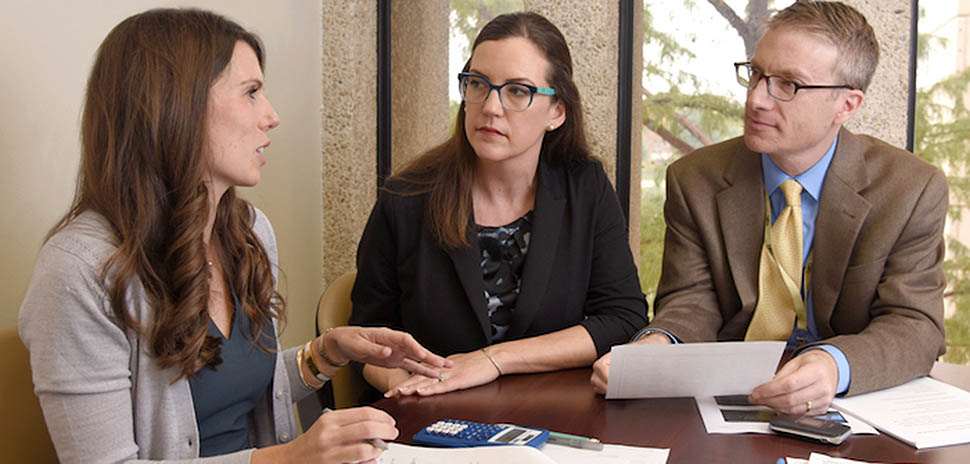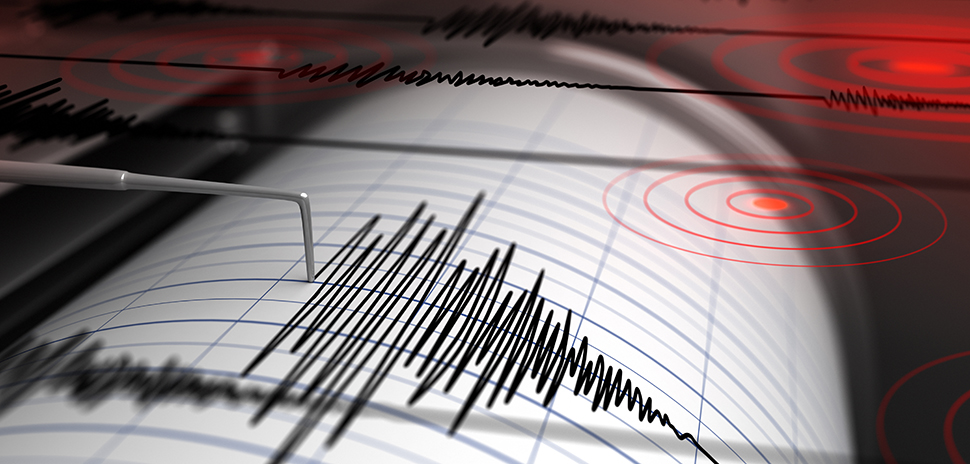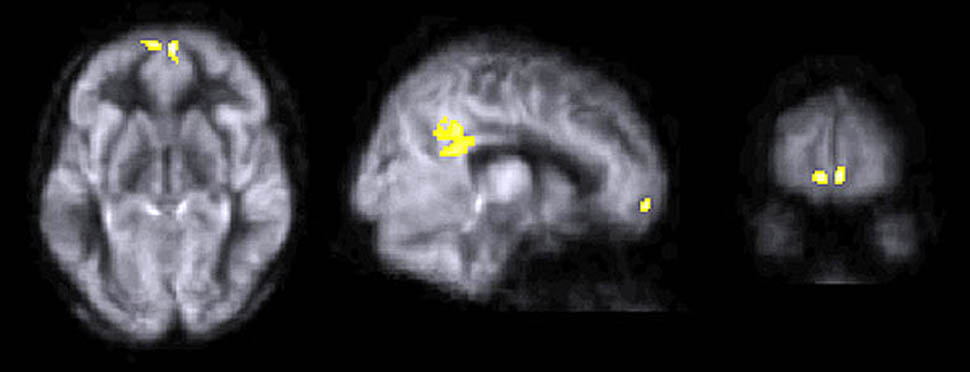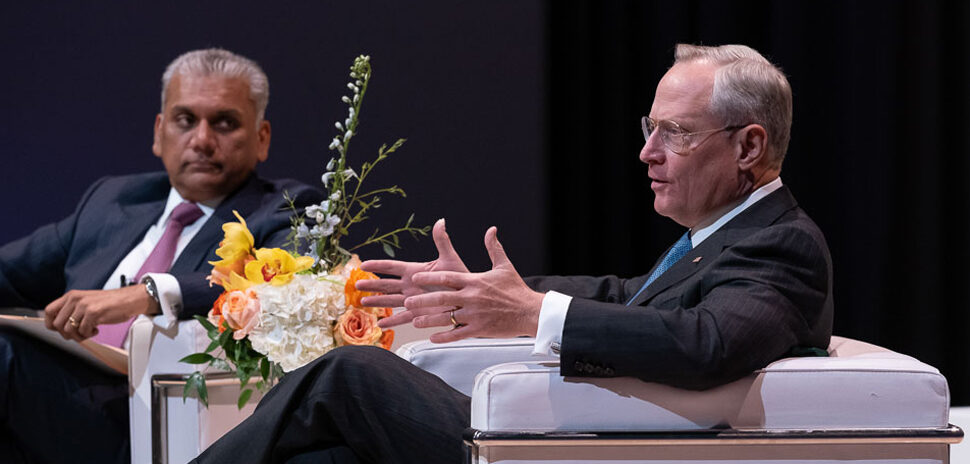CENTER FOR BRAINHEALTH STUDY ENHANCES INNOVATIVE THINKING
![]() A pilot study conducted by researchers at the Center for BrainHealth at the University of Texas at Dallas has shown that cognitive training improves innovative thinking — as well as other positive brain changes — in people over the age of 55.
A pilot study conducted by researchers at the Center for BrainHealth at the University of Texas at Dallas has shown that cognitive training improves innovative thinking — as well as other positive brain changes — in people over the age of 55.

Dr. Sandra Bond Chapman
Published in Frontiers in Aging Neuroscience, the study shows that a strategic cognitive training program improved innovative thinking in healthy adults, according to the university.
“Middle-age to older adults should feel empowered that, in many circumstances, they can reverse decline and improve innovative thinking,” Dr. Sandra Bond Chapman, Center for BrainHealth founder and chief director and the study’s lead author, said in a release.
Performance was measured by a person’s ability to synthesize complex information and then generate multiple high-level interpretations, the release said.
“Innovative cognition — the kind of thinking that reinforces and preserves complex decision-making, intellect, and psychological well-being — does not need to decline with age,” Chapman said. “This study reveals that cognitive training may help enhance cognitive capacities and build resilience against decline in healthy older adults.”
The Center for BrainHealth developed the SMART program — Strategic Memory Advanced Reasoning Training — which focuses on learning strategies that foster attention, reasoning, and broad-based perspective-taking, UTD said.

Dr. Caitlin Murphy, left, Dr. Sandi Pruitt, center, and Dr. David Gerber discuss current cancer clinical trial designs, which generally exclude people with a prior cancer history, leaving out a key group of participants. [Photo courtesy of UT Southwestern]
CLINICAL TRIALS EXCLUDE OLDER CANCER SURVIVORS
Researchers at UT Southwestern’s Simmons Cancer Center say that many cancer survivors over the age of 65 are prevented from participating in clinical trials.
That exclusion precludes them from trials that could help prolong patients’ lives, according to UT Southwestern.
“It is an equity issue,” senior author Dr. Sandi Pruitt said in the release. Pruitt is assistant professor of clinical sciences at UT Southwestern Medical Center. “There are a lot of cancer survivors who are frustrated that they cannot participate in trials that might prolong their lives.”
In their study, which appears in JAMA Oncology, the UT Southwestern scientists determined that 11 percent of individuals ages 20-64 had a history of a prior cancer, and that 25 percent of people age 65 or older had a prior history of cancer.
“As the cancer survivor population continues to grow, understanding the nature and impact of a prior cancer is crucial to trial recruitment as well as to generalization of results,” Dr. Caitlin Murphy, assistant professor of clinical sciences at UT Southwestern, said in the release.
The study is the first one of this magnitude to examine prior cancer history across many cancer types, according to UTSW.

TexNet monitors earthquake activity in the state. [Photo: Petrovich9/iStockphoto]
SENSOR NETWORK MONITORS EARTHQUAKES IN TEXAS
A network of earthquake sensors are now online across the state of Texas, the result of earthquakes across parts of North Texas that rattled residents’ nerves and had them complaining to state officials.
“They were minor earthquakes unless you’re in an area affected by it,” Parker County Commissioner Larry Walden told The Texas Tribune. “Then it’s not minor.”
Called TexNet, the network of roughly 60 sensors monitors seismic activity statewide and is run out of the University of Texas at Austin’s Bureau of Economic Geology. The State Legislature and Gov. Greg Abbott created the program in 2015 following a series of temblors in Dallas-Fort Worth.
The goal of the network’s research is to find the source of the quakes, whether that be injection of oilfield wastewater into the ground or from some other cause.
“You have a very complex issue, and a lot of people have tried to oversimplify it,” said Steve Everley, a spokesman for the industry-funded group Texans for Natural Gas, told The Texas Tribune. “We need to get good data; we need to have good research. This is a program that obviously leads us toward that goal.”
READ MORE
Discovery: Disrupting Breast Cancer, Mapping Human Cells & Long-lasting Bioimplants
Discovery: Global Warming Link, Enlarged Aortas in Ex-NFL Players & Texas “Wild Places”
![]()
Get on the list.
Sign up to keep your eye on what’s new and next in Dallas-Fort Worth, every day.
And, you’ll be the first to get the digital edition of our new Dallas Innovates magazine:
The annual edition publishes in January
![]()






























